Start your next move with Golden Lotus.
Fill out the form below and we’ll get in touch shortly
Kabkab Dates
Kabkab Dates is round in size, and the color varies from light brown to dark brown. It is soft in nature with moisture under %18.
Shelf Life at room temperature is about 1 year under interim fumigation. The date is used in pitted or unpitted form. Harvest Time is Mid September. Kabkabs grow in Fars regions.
Packaging: 10 KG Telescopic Carton
Storage: In a cool, dry, clean and well ventilated place. Storage temperature is between 10-15 Celsius degrees, humidity below 50%
Categories: Dates, Food products
Reviews (0)
Be the first to review “Kabkab Dates” Cancel reply
Shipping & Delivery
Related products
Dates
The fruit is known as a date. The fruit's English name (through Old French), as well as the Latin species name dactylifera, both come from the Greek word for "finger", dáktulos, because of the fruit's elongated shape. Dates are oval-cylindrical, 3–7 cm long, and 2–3 cm (0.79–1.18 in) diameter, and when ripe, range from bright red to bright yellow in color, depending on variety.
The date palm is dioeciously, having separate male and female plants. They can be easily grown from seed, but only 50 percent of seedlings will be female and hence fruit bearing, and dates from seedling plants are often smaller and of poorer quality. Most commercial plantations thus use cuttings of heavily cropping cultivars. Plants grown from cuttings will fruit 2–3 years earlier than seedling plants.
Dates provide a wide range of essential nutrients, and are a very good source of dietary potassium. The sugar content of ripe dates is about 80%; the remainder consists of protein, fiber, and trace elements including boron, cobalt, copper, fluorine, magnesium, manganese, selenium, and zinc.
Iran has more than 70 types of dates that grown in different region in Iran such as Mozafati, Piarum, Kabkab, Farakan, Zahedi, Sayer, Shakhuni, Shavhavi, Rabbi and etc.
Golden Kashmari Raisins
Long Golden Raisins:
Iranian Long Golden raisins are produced from special variety of grapes which is known as Pekami (Grows East of Country).
Produced in BRC, HACCP, and ISO Approved plant utilizing advance sorting technology.
Best Stored: In a cool, dry, clean. Recommended storage temperature is between 10-15 Celsius degrees, with relative humidity below 50%
Packaging: 10 KG Carton/12.5 KG Carton
Rabbi Dates
Rabbi Dates is kind of dates which are soft, dark brown in color and long in size. This date is semi-dried with moisture under %15. Shelf life is about one year at the room temperature under interim fumigation.
Packaging: 10 KG Telescopic Carton
Storage: In a cool, dry, clean and well ventilated place. Storage temperature is between 10-15 Celsius degrees, humidity below 50%
Raisins
The sultana is a "white" (pale green), oval seedless grape variety also called the sultanina, Thompson Seedless (United States), Lady de Coverly (England), and oval-fruited Kishmish (Iran, Turkey). It is assumed to originate from the Asian part of the Ottoman Empire. In some countries, especially Commonwealth countries, it is also the name given to the raisin made from it or from larger seedless grapes; such sultana raisins are often called simply sultanas or sultanis. These are typically larger than Zante currants (which are actually a kind of dried grape, not currants in the botanical sense), and the Thompson variety is smaller than many seeded raisins. In the USA, the name "raisin" is applied to all dried grapes, so that the breakfast cereal known "Sultana Bran" in Australia and the United Kingdom is called Raisin Bran in the United States. Other types of raisins like Golden, Sundried and etc are coming from different drying process of Sultana raisins.
Another seedless grape variety from the former Ottoman Empire, the round-fruited Kishmish, is also dried to make a larger sultana raisin especially in Iran Empire. Raisins can contain up to 72% sugars by weight, most of which is fructose and glucose. They also contain about 3% protein and 3.7%–6.8% dietary fiber. Raisins, like prunes and apricots, are also high in certain antioxidants, but have a lower vitamin C content than fresh grapes. Raisins are low in sodium and contain no cholesterol.
Data presented at the American College of Cardiology's 61st Annual Scientific Session in 2012 suggests that, among individuals with mild increases in blood pressure, the routine consumption of raisins (three times a day) may significantly lower blood pressure, especially when compared to eating other common snacks.
Production:
1-Washing: In the washing part the raw material (Dried Grape) is double washed and after adjusting the hummidity on heating room goes to sorting and packing part.
2- Sorting and Packing:For sorting raisins Goldenlotus co. uses Laser technology by Laser Sorter Machine (BEST Helius 2015) and X-Ray Machin (BEST IXUS 2015) and finally the cartons pass from Metal Detector for final check.
Sun dried raisin is called to ripened fruit of different varieties of grapes which is being dried in direct sunlight and natural air flow and without adding any material; it turns to brown in this process. Temperature and humidity of the environment during the drying process is an important factor which directly affects the quality of product. These kinds of raisins are available in types of seeded and seedless.
Saffron
Saffron is a plant. The dried stigmas (thread-like parts of the flower) are used to make saffron spice. It can take 75,000 saffron blossoms to produce a single pound of saffron spice. Saffron is largely cultivated and harvested by hand. Due to the amount of labor involved in harvesting, saffron is considered one of the world's most expensive spices. The stigmas are also used to make medicine. The Saffron plant is a member of the crocus family, which is cultivated for the sake of the stigmas of its flowers. Saffron is extremely expensive because it takes almost 13,000 stigmas hand-picked and dried from 4,300 flowers to make an ounce (28 g) of Saffron. People don't wander the hills and dales, though, looking for a flower here and a flower there: the Saffron crocuses are cultivated 6 inches (15 cm) apart in rows in huge fields. Anti-Cancer Benefits Research has indicated that Crocin, Safranal and Picrocrocin from saffron may be involved in ant-cancer activity by inhibiting the growth of human cancer cells in vitro. Storage: Store in an airtight container in a dark, cool, dry place. After 6 months, the threads will start to weaken in flavor.
Sayer Dates
Phoenix Dactylifera is a palm in the genus Phoenix, cultivated for its edible sweet fruit grown and cultivated in southern regions of Iran. Furthermore its place of origin is unknown because of long cultivation; it probably originated from lands around Middle East and Persian Gulf.
The date palm grows to a ripe old age and apart from pollination in the spring needs very little care save watering through irrigation systems. This abundantly available fruit is revered for its ample health and dietary advantages. It can be used in variety types of food industrial.
Type of Sayer Dates:
Select Grade A maximum 75 pieces/lb.
Select Grade B maximum 85 pieces/lb.
GAQ maximum 115 pieces/lb.
FAQ (smaller sizes, no specific count/lb.)
Industrial without any count/Ib and in low quality for direct use of consumers
Packaging: 10 KG Telescopic Carton
Storage: In a cool, dry, clean and well ventilated place. Storage temperature is between 10-15 Celsius degrees, humidity below 50%
Sultana Raisins
In production of this type of raisins permissive alkaline solutions are being used. Product is immersed in the solution for a few seconds and then it is quickly being washed with water. The final product has light yellow to light brown color.
The product in process is from seedless grapes of the Vitis vinifera variety. Sultana raisins are Light to dark brown in color. They are dried in special drying plants and Due to their very high sugar content, sultanas are very sweet.
Sultanas can be coated with sulfur in order to gain a light brown color but the most popular one is the dark brown sultana which does not contain any sulfur and is used widely in bread industry, cake- and pastry ¬bakeries, cereal producers, and the dairy industry. After being double washed, sultana raisins are dried, coated with vegetable oil, stemmed, mechanically cleaned, laser and hand sorted then metal detected under extreme care of hygienic conditions and with legal and safety requirements and the customers special specifications.
Packaging: 10 KG Carton/ 12.5 KG Carton
Storage: In a cool, dry, clean and well ventilated place. Recommended storage temperature is between 10-15 Celsius degrees

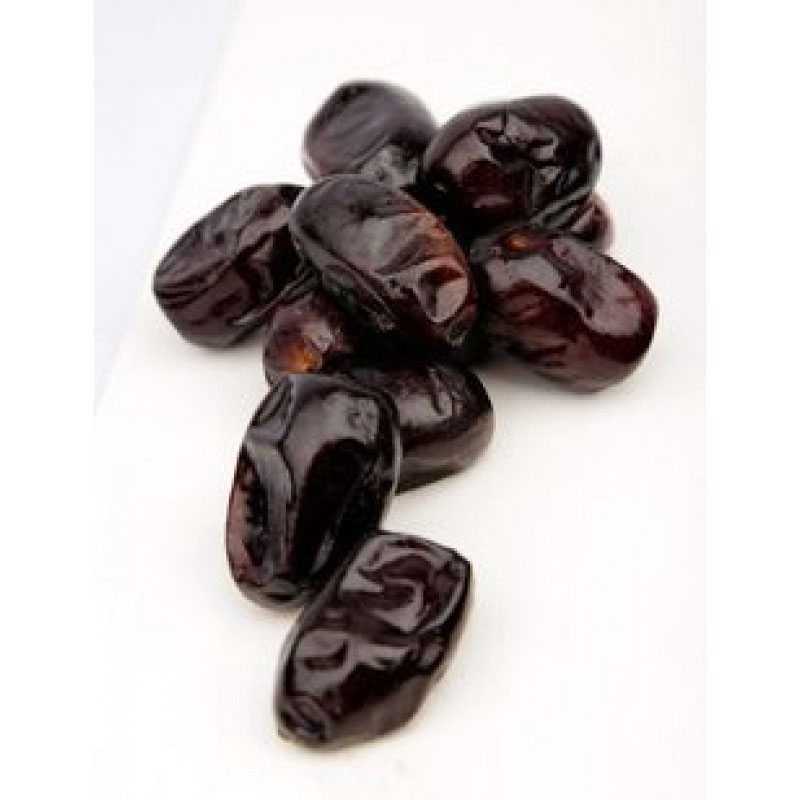

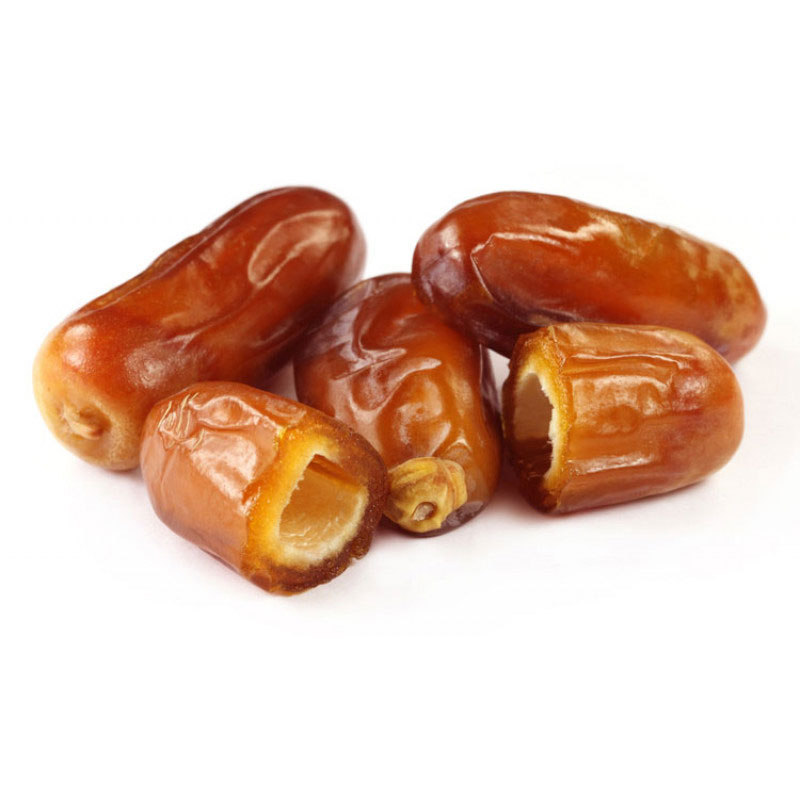
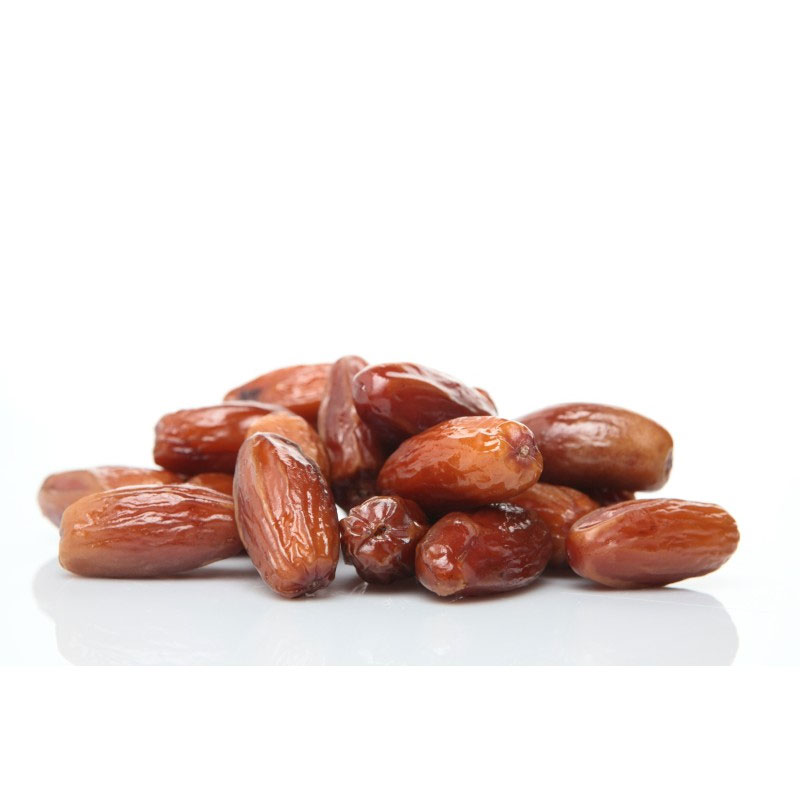
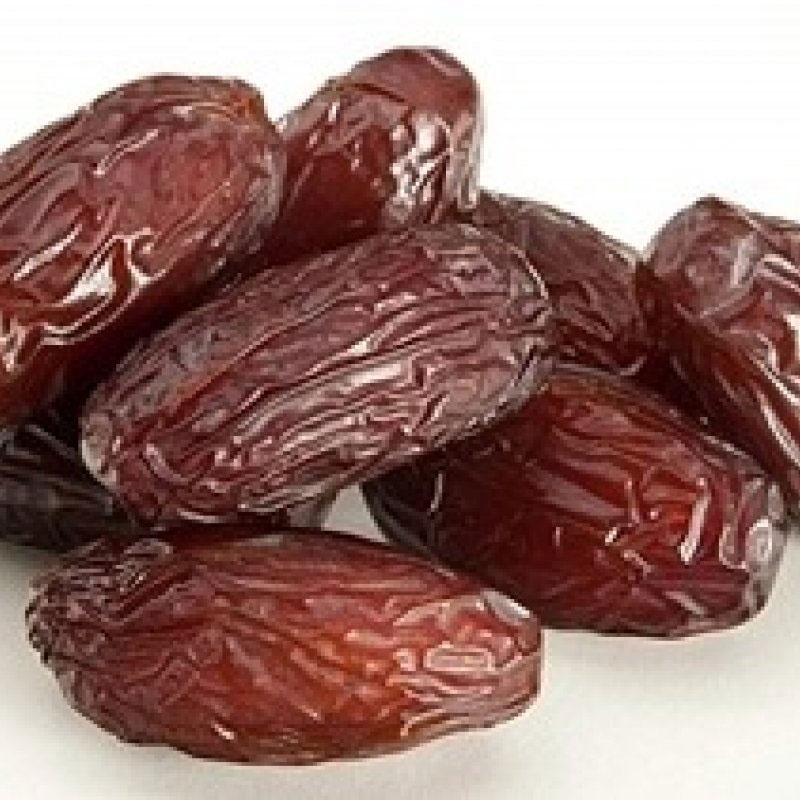
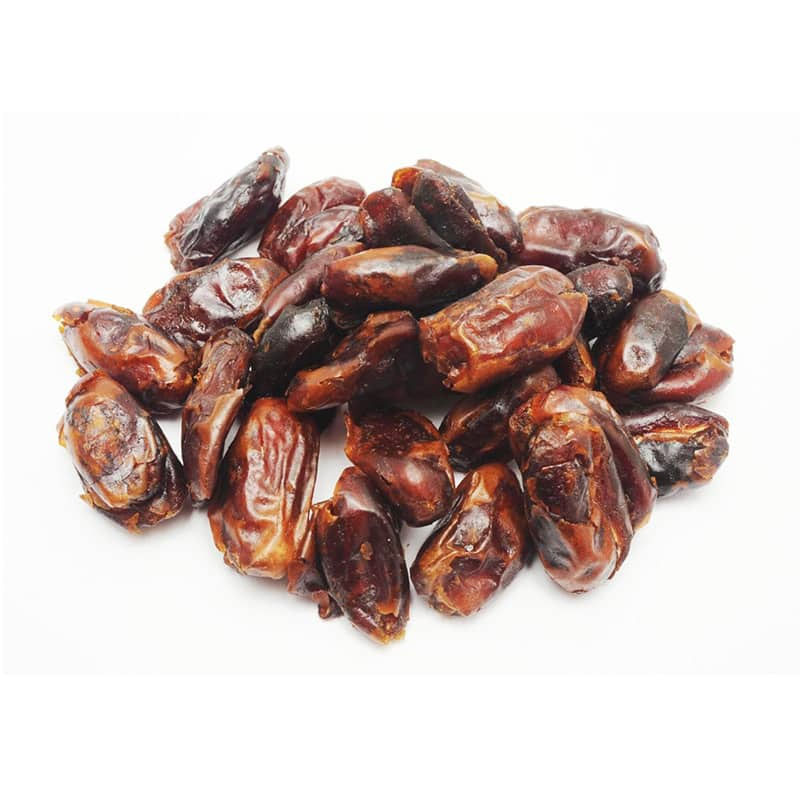
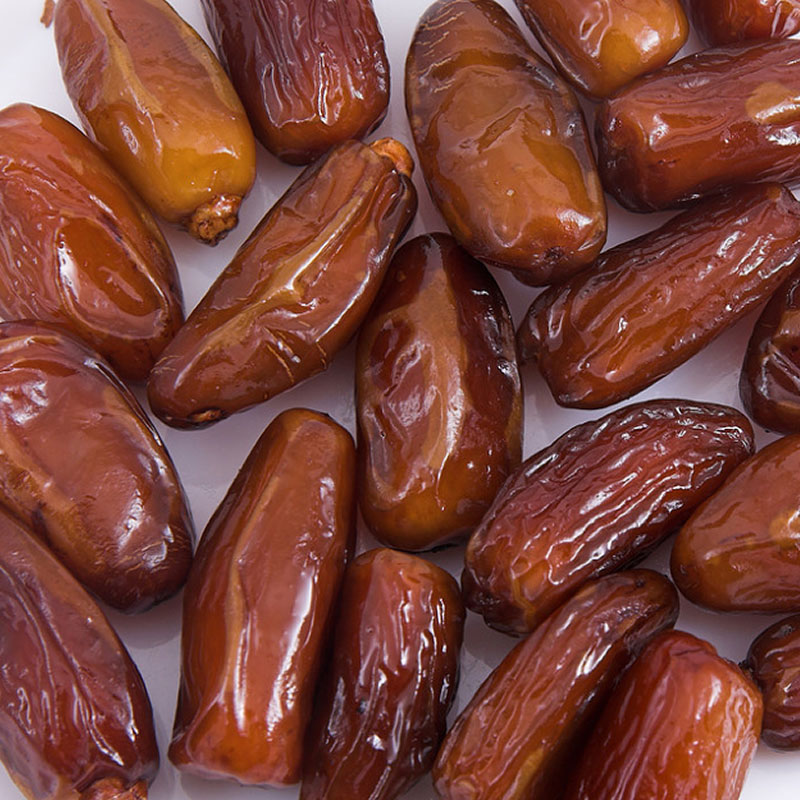
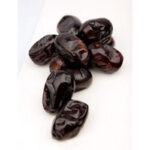

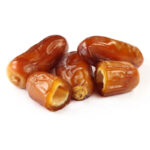
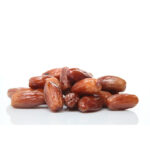
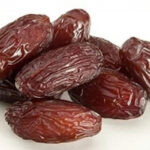
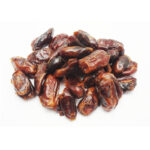
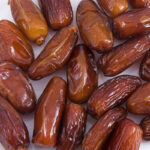

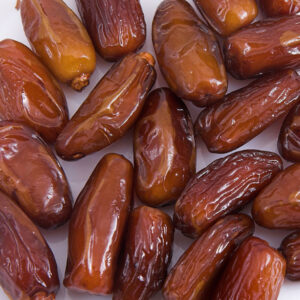
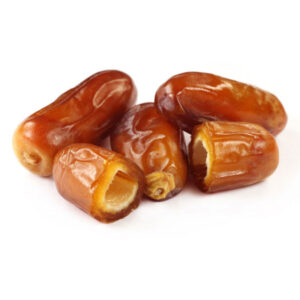

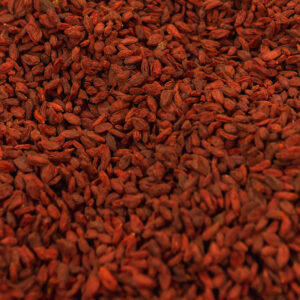
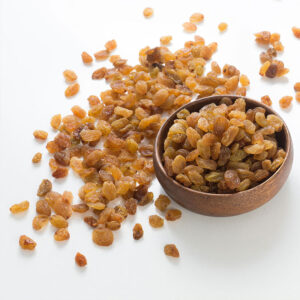
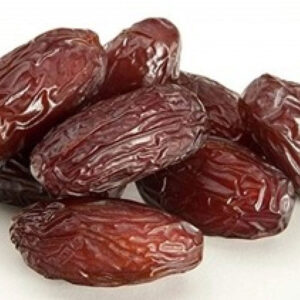
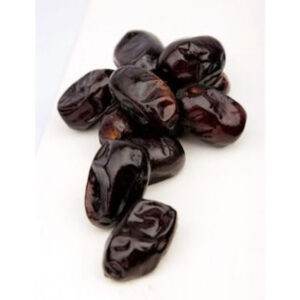
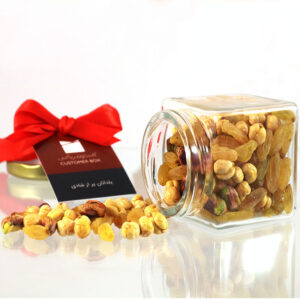
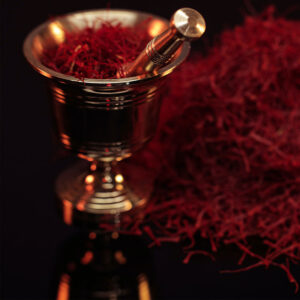
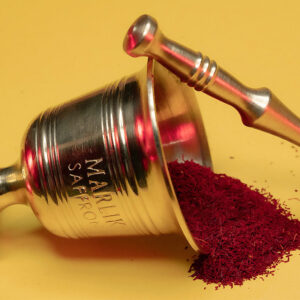
Reviews
There are no reviews yet.